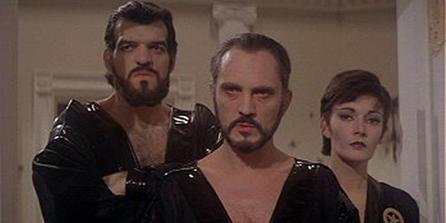Indiana Gov. Mike Pence has declined to rule on a historic pardon request involving the wrongful conviction of an Illinois man.
In a letter Tuesday, the governor's general counsel told Keith Cooper's attorney they first must exhaust all possible judicial options for appeal. The letter essentially allows the Republican vice presidential candidate to avoid ruling on the Country Club Hills man's claim of innocence until a new Indiana governor takes over in January.
"It crushed me a little bit," Cooper, a 49-year-old forklift operator, said after reading the letter. "I haven't give up hope. My hope is what keeps me strong, but I'm human and it hurts."
Cooper spent nearly 10 years in prison for a 1996 armed robbery in Indiana before a co-defendant's conviction was reversed. Cooper was offered a deal in 2006 to take his chances at a new trial or be freed from prison with a felony conviction on his record. He chose immediate release, but Cooper said he struggles as a convicted felon to find a better paying job.
DNA evidence points to another man in the armed robbery, and the victims and former Elkhart County prosecutor who helped convict him now say Cooper is innocent. The Indiana Parole Board recommended in March 2014 that Pence grant the pardon, which experts believe would be the first pardon based on a claim of innocence in state history.
"Although the judicial system may not be perfect, given the extraordinary nature of Mr. Cooper's request, we need to be certain the judicial process is complete and has been given every opportunity to address any error that may have occurred," general counsel Mark Ahearn wrote on behalf of Pence. "When Mr. Cooper made a deal to be released from prison he withdrew his pending post-conviction relief petition, but it is unclear from the official record whether this precludes Mr. Cooper from refiling a petition."
The letter continued, "Out of respect for the judicial process, before this office will consider Mr. Cooper's request further, he will need to exhaust his judicial remedies."
Attorney Elliot Slosar, who represents Cooper, said the letter was not an outright denial. Still, Slosar described it as a delay tactic that has the potential to prolong Cooper's quest to clear his name for several years. Slosar said it's unclear whether they will be allowed to file another post-conviction petition after the original was withdrawn. Even if they overcome that hurdle, Slosar said, prosecutors may argue the new evidence is too old to meet the requirement of being new.
"He's punting to the next governor," said Slosar, an attorney with Loevy & Loevy in Chicago. "It's so punitive for them to hold on to a pardon petition this long and may prevent him from getting justice in court."



